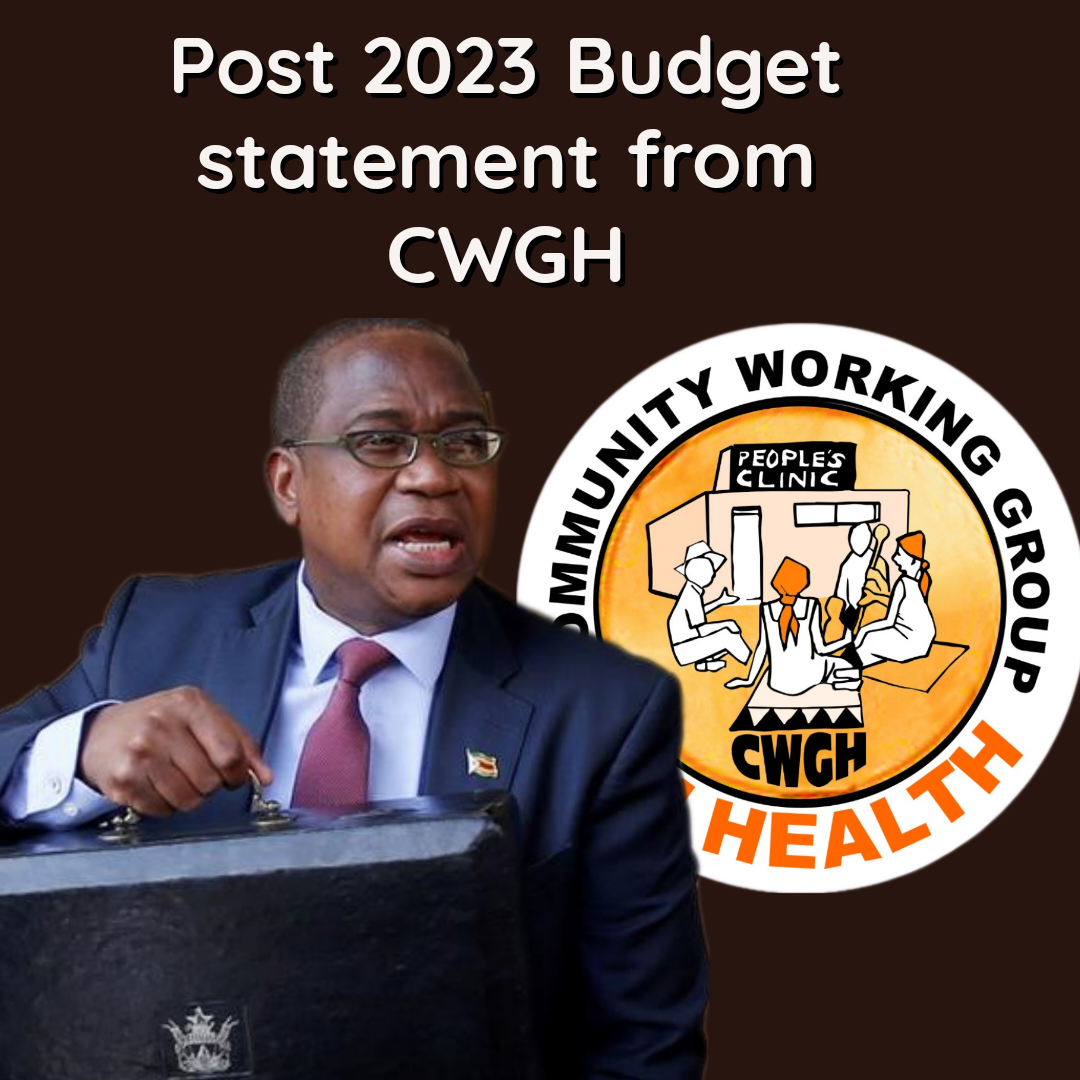By Itai Rusike
Government spending on Health and Child Care as a percentage of total public expenditure is projected to decline from 11.2% in 2023 to the projected 10.8% in 2024.
Health spending as a share of total government expenditure, is an indicator of the priority given to health. The Abuja target remains an elusive target for the country.
The government also spends a relatively small share of its Gross Domestic Product (GDP) on health care projected at 4.0% in 2024 up from 2.2% in 2023. Per capita health spending on health is however expected to increase to US$71.8 in 2024 up from US$40 in 2023.
Vote allocations still remain below regional and global benchmarks. Health got ZW$6.3 trillion (10.8%), a decline from the 11.2% allocated in 2023, below the Abuja Declaration target of 15%.
The country is also in the midst of a cholera outbreak and addressing this requires significant public investments in Water Sanitation and Hygiene (WASH).
The government has allocated ZW$ 608,3 billion towards WASH which represents just 0.4% of GDP, which is way below the 1.5% of GDP benchmark set under the Thekwini Declaration (2008).
The Global Task Force on Cholera Control considers WASH investments as the foundation for achieving the goal of reducing cholera deaths by 90% by 2030.
Government proposes to introduce a levy of US$0.02 per gram of sugar contained in beverages, excluding water with effect from January 1, 2024. Funds derived from this levy will be ring fenced for therapy and procurement of cancer equipment for diagnosis. This is in line with regional and global good practices.
The WHO has been advocating for a sugar tax on sugar-sweetened beverages to fight the scourge of non-communicable diseases.
The sugar tax, apart from reducing consumption of sugary drinks, also raises additional revenue for the treasury.
Transparency around these funds can be enhanced by ensuring inclusivity and transparency in terms of its management in the spirit of leaving no one behind.
Increasing health expenditure in tandem with the increased population, disease burden, and new national development goals remains a challenge to the health sector.
Similarly, the sector is confronted with ensuring that the poor people and the vulnerable including women, newborn babies, children, and adolescents are also able to afford quality health services.
No country can make significant progress towards universal health coverage (UHC) without relying on the dominant share of public funds. It is therefore critically important to ensure that the health system is adequately resourced and that resources are efficiently and optimally utilized.
The current health financing model remains unsustainable as it heavily relies on external financing as well as out-of-pocket financing.
In nominal terms, the health budget appropriation has declined from 11.2% in 2023 to the protected 10.8% in 2024. This is grossly inadequate to fund the critical needs in the health sector.
Rusike, is the Executive Director, Community Working Group on Health (CWGH)




